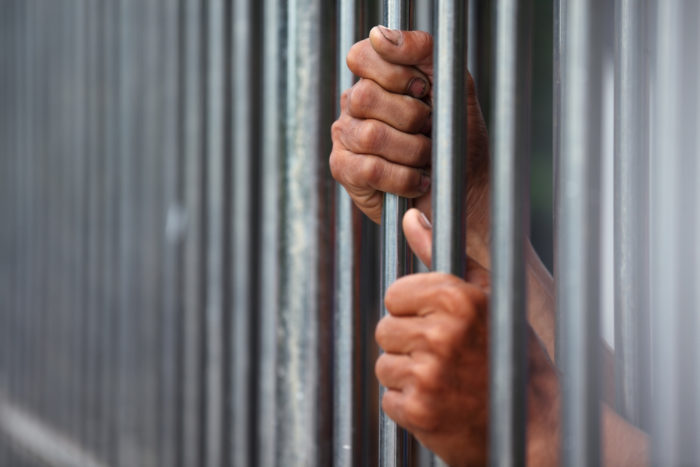When Could a Juvenile Be Charged as an Adult?

Few things can be as harrowing to a parent or guardian as a juvenile accused of committing a crime. Amidst all the stress and anxiety is the very real possibility that the juvenile can be charged as an adult depending on the nature and seriousness of the case. Every state is different when it comes to whether or not a juvenile can be charged as an adult, and the decision varies from county to county within the state. A prosecutor will review each matter on a case-by-case basis to make a determination whether to charge a juvenile as an adult. While the prosecutor possesses a wide latitude of discretion to make the determination, the universe of factors that they can review are limited and we will review those factors and the steps leading to the decision to “waive a juvenile up” to the adult criminal justice system.
Juvenile cases use rehabilitation as a hallmark, rather than the harsher jail sentences that exist in the adult courts. When the state feels that the juvenile is beyond rehabilitation, either because the juvenile is a repeat offender, or because the crime is particularly heinous, the prosecutor may seek a waiver of the juvenile’s case, requesting that the court transfer the matter into the adult court and treat the juvenile that way. Although, the prosecutor makes the request for consideration of the waiver, the court is the ultimate decision maker. Factors for this waiver that are taken into account when deciding are;
- The age of the minor
- How many previous crimes the minor has on record
- The severity of the crime at hand
- Whether or not past attempts to improve a minor have failed
Automatic transfers can occur in New Jersey if the offender is 15 or older and if the crime is particularly serious, such as a murder or rape. Depending on the nature of the case, it’s not impossible to reverse the decision of an automatic transfer.
Being a juvenile in an adult court could mean a world of difference. A juvenile who is tried as an adult could feel the weight of heavy, life-altering charges. It could mean the difference between a juvenile put in a detention center with others in their own age range to being put in prison. A felony charge, rather than a juvenile adjudication is visible to the world on a rap-sheet, and will stay on an individual’s record if they are not fortunate enough to qualify for an expungement. The sentences for a juvenile in the adult system carry the same serious penalties that they would for their adult counterpart – prison sentences, parole, community service, fines, and restrictions in the community.
If you are a New Jersey juvenile facing criminal charges or if your child has committed a crime and you would like to avoid transfer to an adult court, it’s important that you speak to an experienced criminal defense attorney. The experienced lawyers at Bramnick, Grabas, Arnold & Mangan, LLC can fight for you. Take the first step in protecting your child’s / your future and contact us for your free case consultation today!

